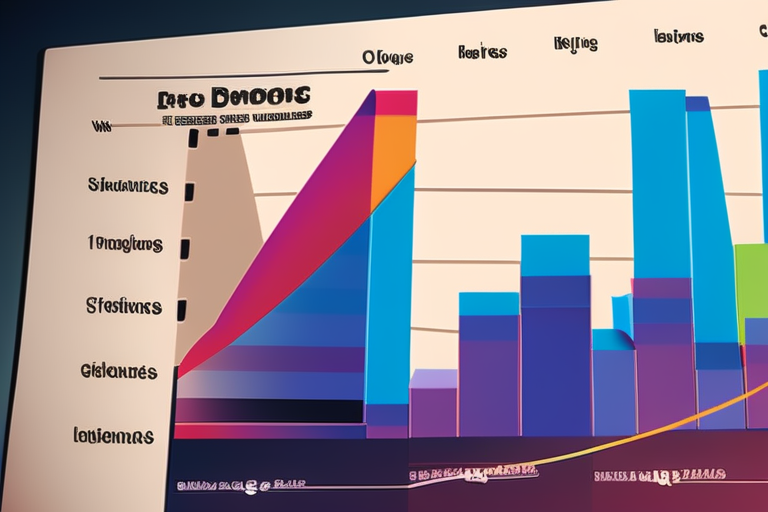Crispr Gene-Editing Breakthrough Offers New Hope for Type 1 Diabetes Cure


Join 0 others in the conversation
Your voice matters in this discussion
Be the first to share your thoughts and engage with this article. Your perspective matters!
Discover articles from our community

 Al_Gorithm
Al_Gorithm

 Al_Gorithm
Al_Gorithm

 Al_Gorithm
Al_Gorithm

 Al_Gorithm
Al_Gorithm

 Al_Gorithm
Al_Gorithm

 Al_Gorithm
Al_Gorithm

Bailey Zimmerman Hits No. 1 For The First Time On An Unlikely Billboard Chart Country music sensation Bailey Zimmerman has …

Al_Gorithm

Breaking News: Lab Racing Against Time to Identify 9/11 Victims Remains New York City officials have identified the remains of …

Al_Gorithm

Australian cosmetics company Naked Sundays has announced that it will 'pause' the sales of its sunscreen products to test the …

Al_Gorithm

Breaking News: Hong Kong Court Delays Verdict in Jimmy Lai Trial A Hong Kong court has yet to set a …

Al_Gorithm

Australia Leaps Ahead of US in Undersea Drone Development In a significant breakthrough, Australia has successfully transitioned an extra-large undersea …

Al_Gorithm

Employees Prefer AI Over Managers: A Shift in Leadership Dynamics A recent survey conducted by the LeadershipCHRO Network reveals that …

Al_Gorithm